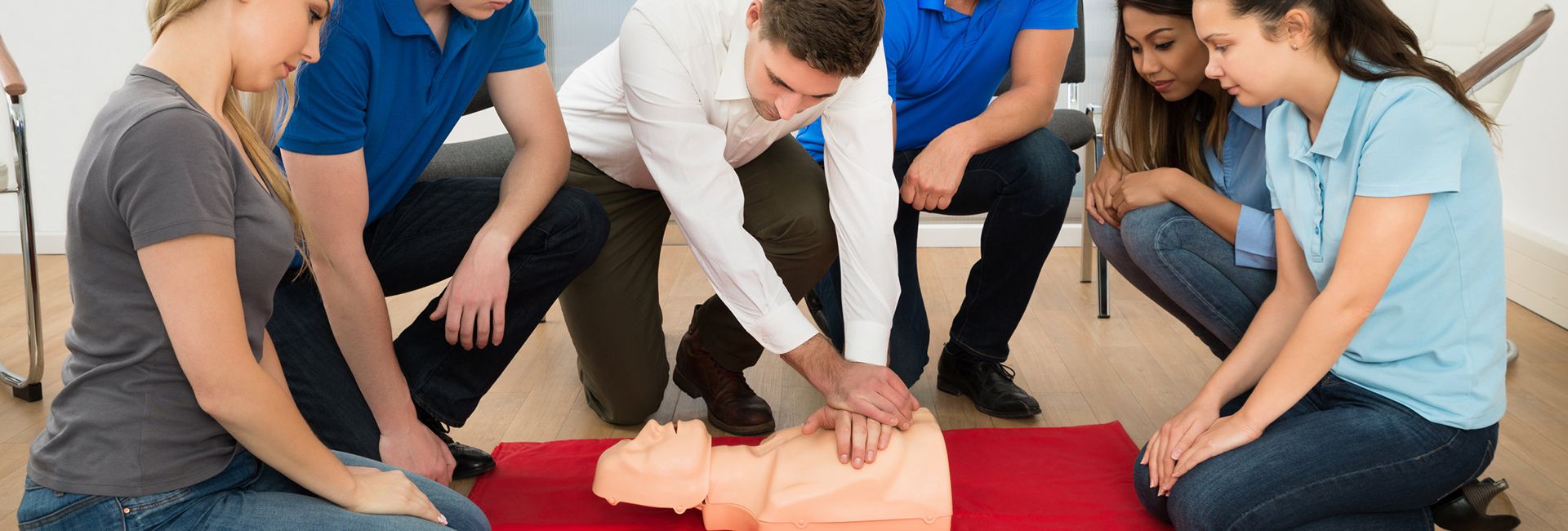
What You Should Find in Your Mental Health Course Providers?
If you’ve ever been injured and didn’t have access to urgent medical assistance, you’ve undoubtedly gotten some type of first aid. While you were waiting to travel to a hospital or see your doctor, this emergency medical care most likely helped treat the wound and prevented it from growing worse.
A public education programme called a mental health first aid course tries to teach individuals how to recognise the risk factors and warning symptoms of these issues. Mental health first aid is not intended to be a long-term remedy, similar to first aid for an accident. People who are dealing with mental health issues or trying to recover from substance abuse need the assistance of a qualified mental health practitioner.
How to reduce tension in a situation:
Managing a crisis successfully requires maintaining composure. When your mood is raised, it might be difficult to assist someone who is going through severe trauma, panic attacks, hallucinations, or other psychotic symptoms in achieving a calmer state of mind. It might be terrifying to hear someone in severe emotional distress talk of injuring themself.

Training in mental health first aid offers the chance to improve communication abilities, including both verbal and nonverbal ones like body language. When attempting to contact someone in a crisis, knowing how to speak compassionately may make all the difference. With an attitude that normalises what someone is experiencing without placing blame, you’ll learn how to reassure and respect others.
How to assess your own or others’ danger of harm:
Someone who suffers from depression or similar mental illness may alarm you because of their elevated risk of self-harm. An elevated risk of harming oneself or others is frequently linked to the symptoms of several mental health problems, such as schizophrenia, bipolar disorder, or borderline personality disorder. Understanding the following is crucial:
- Most persons who struggle with mental illness never hurt anyone.
- Numerous individuals who experience suicidal thoughts don’t want to commit suicide.
- Self-harmers are frequently unwilling to take their own lives.
However, it’s still crucial to discuss self-harming habits or suicidal ideas with a qualified expert. You can better assess the likelihood of harm by becoming aware of key warning indicators that may indicate that someone is coping with these difficulties. This can assist you in pointing someone in the direction of the appropriate resources.
- Coping strategies:
Self-care and coping skills may benefit anybody, not just those with mental health problems, in managing distress. However, as they may boost resilience and encourage calm, these strategies often help persons who deal with emotional difficulties daily. Utilizing coping mechanisms, individuals may frequently manage symptoms before they become debilitating. You may learn more about some of the numerous coping mechanisms you could recommend during mental health first aid training, such as:
- Relaxation methods
- Meditation
- Movement therapy or exercise
- Animal-assisted therapy
- Music, art, or journaling
- Support from peers and others
- Cognitive behavioural self-care methods
Assisting with future actions and follow-up care:
You can help someone through a mental health crisis or a time of drug abuse if you have received training in mental health first aid. It doesn’t teach you how to give sustained care or support. Learning how to direct individuals to specialists who can provide the best kind of care for their needs is a crucial component of mental health first aid. You may be able to direct someone to one of the following medical specialists, depending on their symptoms or concerns:
- Medical professional
- Counsellor or therapist
- Psychiatrist
- Social worker
- Peer assistance expert
Although you can’t compel somebody to accept therapy, you will learn ways to persuade them through mental health first aid training. This might be discussing therapies that are available or describing how therapy or counselling can be helpful. A number for a clinic or hotline, as well as the name of a nearby therapist, might be provided by you.
Mental Health First aid classes are available at CR Training Solutions, which also encourages people to learn more about mental health. Your experience with their services will be seamless and dependable thanks to their team of experts.
Read More
Call us, Write to us, or Knock on our door
We Would Be Happy To Meet You And Learn All About Your Business
- We are available 24/7
